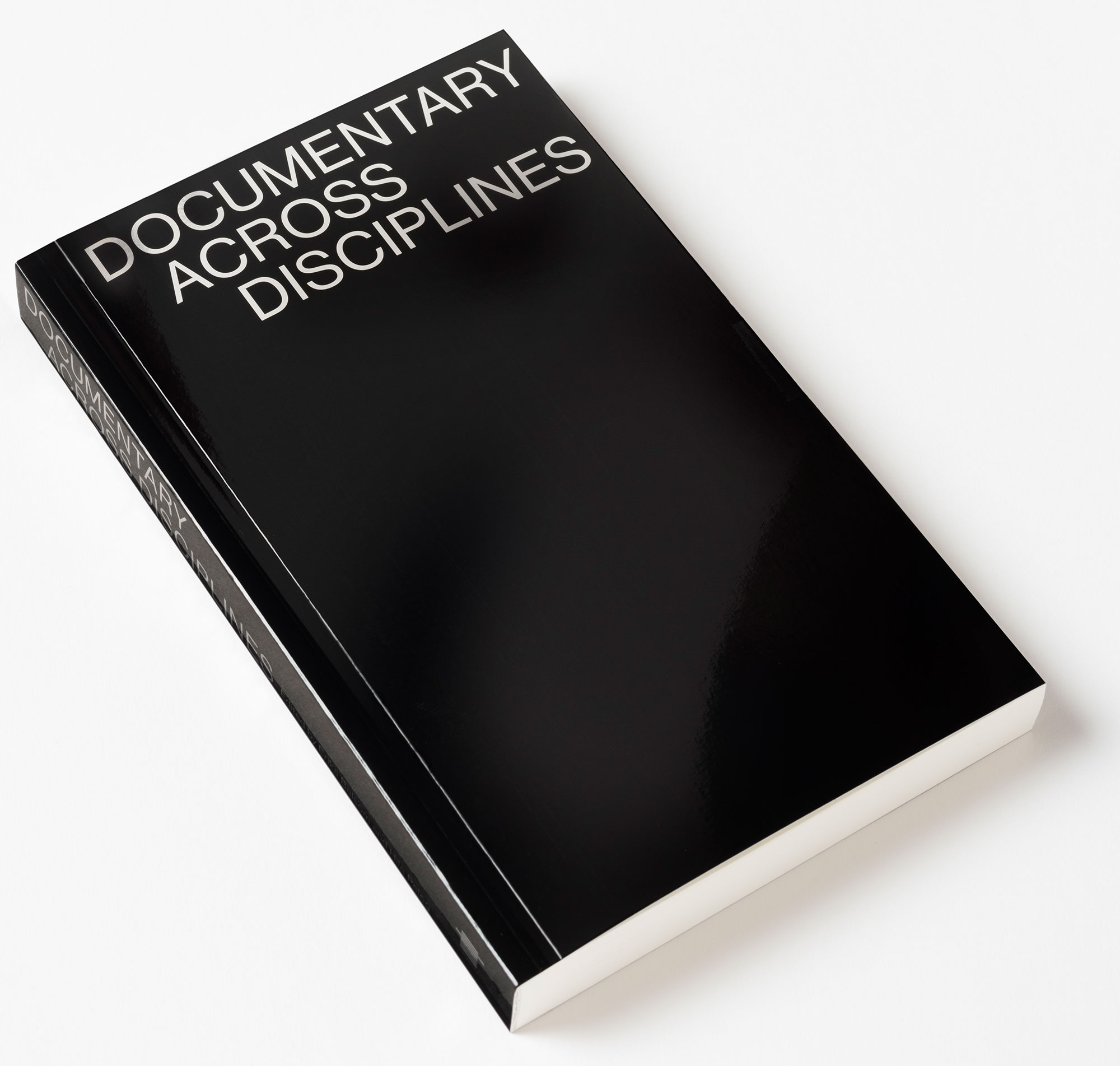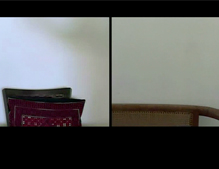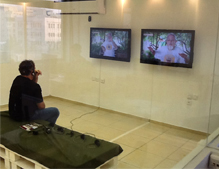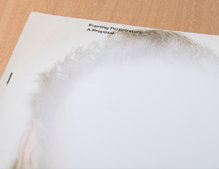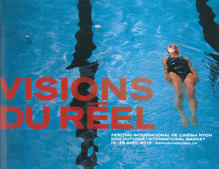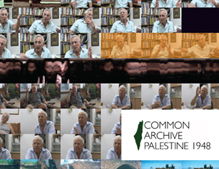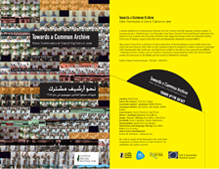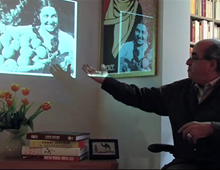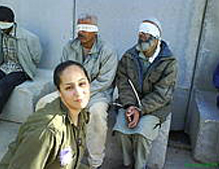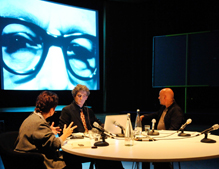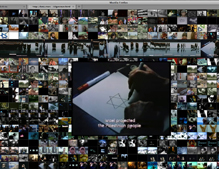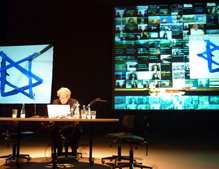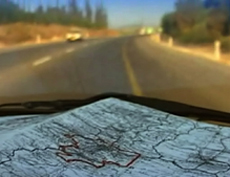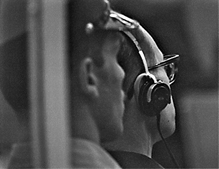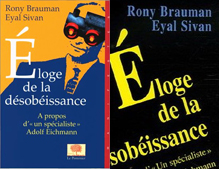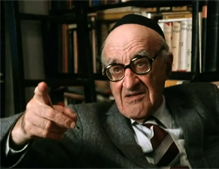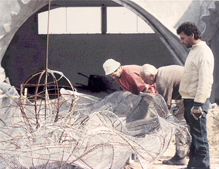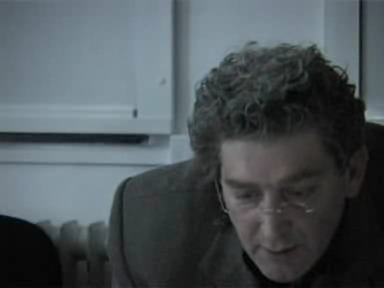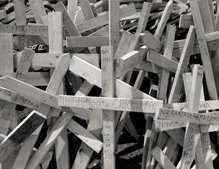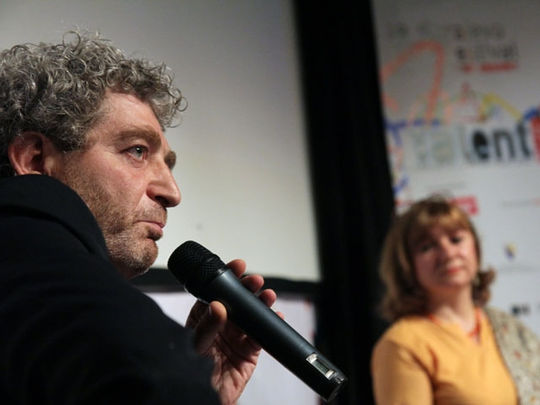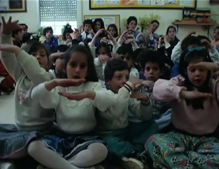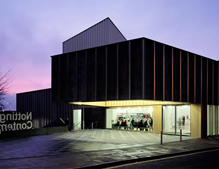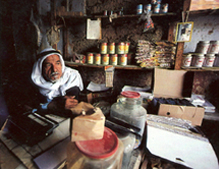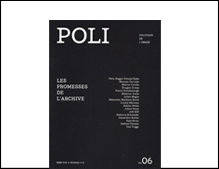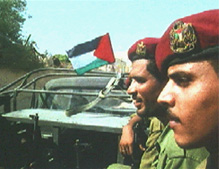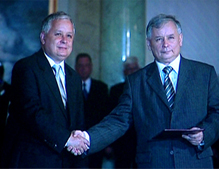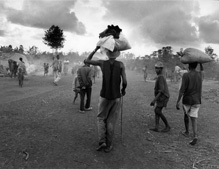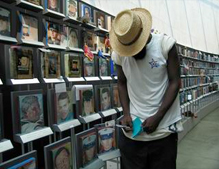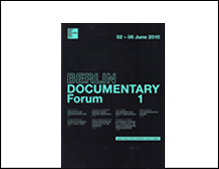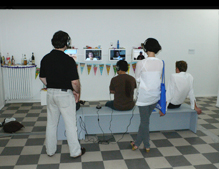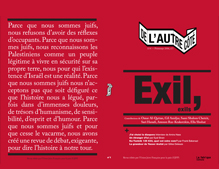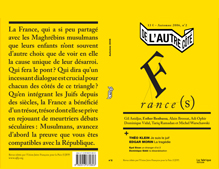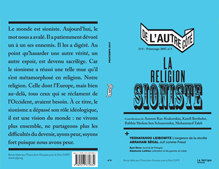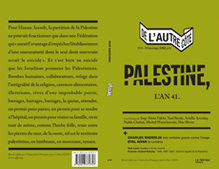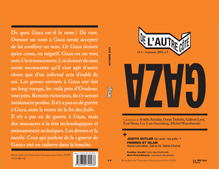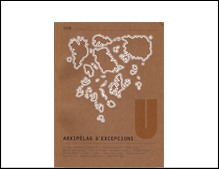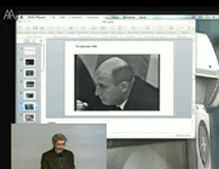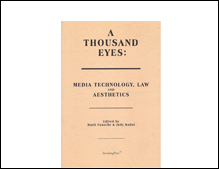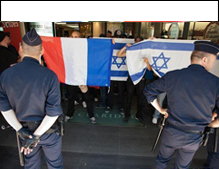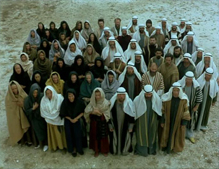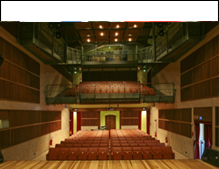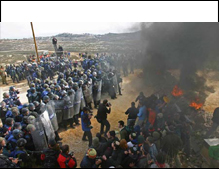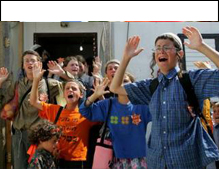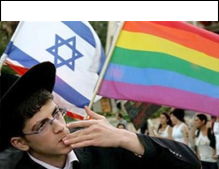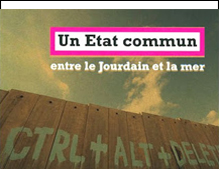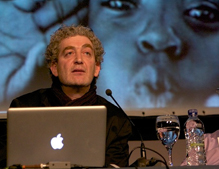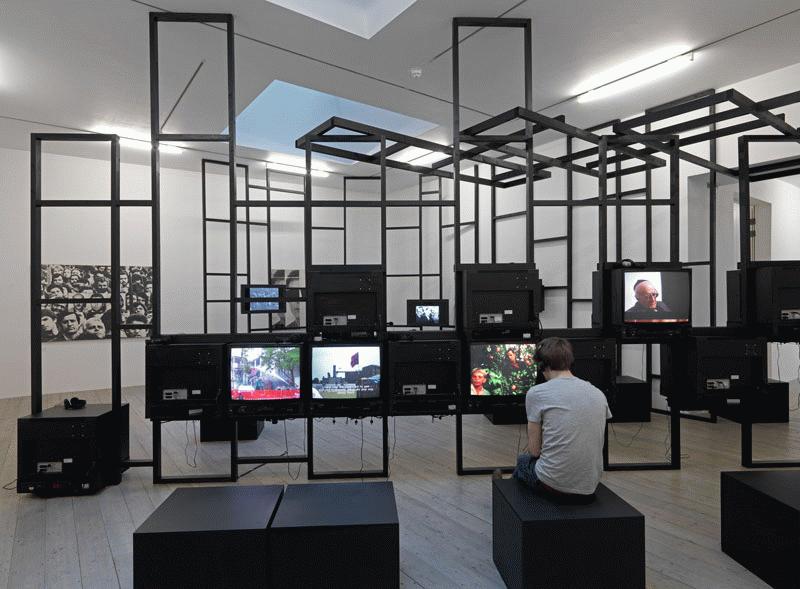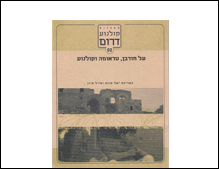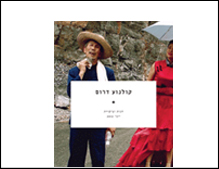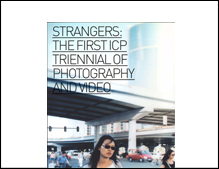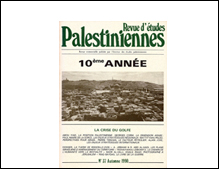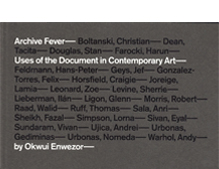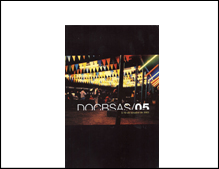-
Proposal for a visual media exhibition
with the participation of students of the Master of Film at the Dutch Film Academy, Amsterdam -
Get my films
Buy DVDs online at www.momento-films.com -
IZKOR
slaves of memory
Documentary film | 1990 | 97 min | color | 16mm | 4:3 | OV Hebrew ST -
Common Archive Palestine 1948
web based cross-reference archive and production platform
www.commonarchives.net/1948 - Project in progress - -
Montage Interdit [forbidden editing]
With professors Ella (Habiba) Shohat and Robert Stam / Berlin Documentary Forum 2 / Haus der Kulturen der Welt / June 2012 -
Route 181
fragments of a journay in Palestine-Israel
Documentary film co-directed with Michel Khleifi | 2003 | 272 min [4.5H] | color | video | 16:9 | OV Arabic, Hebrew ST
-
The Specialist
portrait of a modern criminal
Documentary film | 1999 | co-author Rony Brauman | 128 min | B/W | 4:3 | 35 mm | OV German, Hebrew ST -
Jaffa
the orange's clockwork
Documentary film | 2009 | 88 min | color & B/W | 16:9 | Digital video | OV Arabic, Hebrew, English, French ST
-
Montage Interdit
www.montageinterdit.net
Web-based documentary practice. A production tool, archive and distribution device | project in progress
-
Common State
potential conversation [1]
Documentary film | 2012 | 123 min | color | video | 16:9 split screen | OV Arabic, Hebrew ST -
Towards a common archive
testimonies by Zionist veterans of 1948 war in Palestine
Visual Media exhibition | Zochrot Gallery (Zochrot visual media lab) | Tel-Aviv | October 2012 - January 2013
-
I Love You All
Aus Liebe Zum Volk
Documentary film co-directed with Audrey Maurion | 2004 | 89 minutes | b/w & color | 35mm | OV German, French ST
Refugee camps are designed to be provisory architectural and social environment that serve as a temporary solution in a situation of emergency.
Despite the similarities among different refugee camps the world over, and the fact that they are all areas of refuge for displaced persons in transit, there is no complete symmetry between the different camps around the world.
For the last 58 years, the 59 Palestinian refugee camps in the Middle East - the oldest existing refugee camps in the world – are the scene of on going tension between permanent or definitive settlement (in the camps) and the camp as a temporary or transitional solution. This tension is defined as "the Palestinian refugee problem". In order to analyze this "problem", one must not ignore the ongoing Israeli-Palestinian conflict which created it or the lengthy period of time that has lapsed since the emergency situation in the beginning of the 50's which brought about the building of the camps.
These 60 years are characterized by the refugees' refusal population to abandon their demand to return to their lands in the territories that became the Jewish State and the resulting refusal to consider their situation as permanent. During these years the Palestinians have been subjected to ongoing pressure by the perpetrators and their successors, aimed at forcing the refugees to abandon the right of return and to transform the camps into a definitive solution for their problem. Time, the political conflict, repression and resistance have shaped the Palestinian refugee camps as spaces of exception, laboratories of a regime of permanent temporary solution.
Under this regime, the demand to exercise rights (the return); the need to improve life (a decent life); the pressure to accept the camps as permanent residences and the refusal to acknowledge the refugees' rights and the transitory nature of the camps are all reflected in the physical and discursive expressions created by the tension between provisory and permanent solutions. This state of exception is justified through the conflict between, the Palestinian refugees' wish and right to return (expression of transit) and their need to improve their lives, (expression of transformation) on the one hand and the wishes and actions of the ruling power to force them to settle in the camps permanently and to renounce the hope, the discourse and the right of return.

